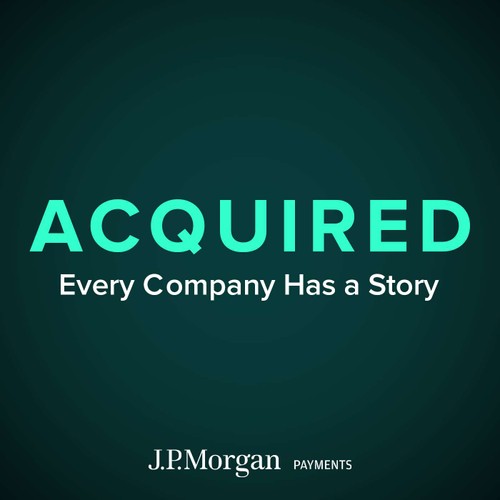
 Acquired
Acquired Meta
Early Influences
- Mark Zuckerberg's passions were video games, programming, and classics.
- Civilization's 4X strategy and multiple win conditions influenced his approach to business.
Precocious Programmer
- At age 10, Zuckerberg learned C++, an advanced programming language.
- His passion for coding led to early projects like ZuckNet, a family chat tool.
AIM's Impact
- AOL Instant Messenger (AIM) was the first viral consumer software, unintentionally hackable and extensible.
- This provided a canvas for young programmers like Zuckerberg to experiment and learn.














Meta is a company everyone knows (literally, everyone). But, somehow, it’s also a company that few people feel they actually understand. Their products are used by more humans than any other’s in history — almost half of the entire world’s population daily. But… what is Meta? Why do they do what they do? How do they do what they do? Ask ten people and you’ll likely get ten very different sets of answers.
Today, we dive deeper than we’ve ever gone trying to find Acquired’s answers to those questions. And after months of research and 6+ hours of incredible stories about how they (and really “they” being Mark himself) bet it all and win time and time again in the face of overwhelming odds, we arrive at our answers. Facebook, Instagram, WhatsApp, Threads, AI, Oculus, Orion, it’s all here. Tune in for one of the greatest corporate stories of all time: Meta, a Mark Zuckerberg Production.
Sponsors:
- Sierra: https://bit.ly/acquiredsierra
- Sentry: https://bit.ly/acquiredsentry
- Anthropic: https://bit.ly/acquiredclaude25
- Vanta: https://vanta.com/acquired
Links:
- Please take our 2024 Acquired Survey if you have a minute. It'd mean the world to us! https://acquired.fm/survey
- Our past episodes on Instagram, WhatsApp, Oculus, Snapchat, the Snap IPO, TikTok, NVIDIA, Microsoft, and the Mark Zuckerberg Interview
- Worldly Partners: Meta multi-decade study
- Episode sources
Carve Outs:
More Acquired!
- Get email updates with hints on next episode and follow-ups from recent episodes
- Join the Slack
- Subscribe to ACQ2
- Merch Store!
© Copyright 2015-2025 ACQ, LLC
Note: Acquired hosts and guests may hold assets discussed in this episode. This podcast is not investment advice, and is intended for informational and entertainment purposes only. You should do your own research and make your own independent decisions when considering any financial transactions.
